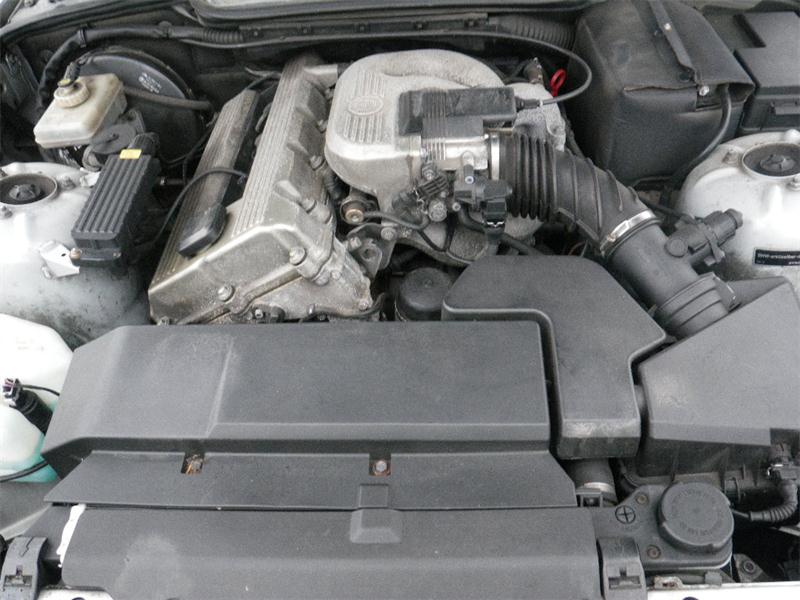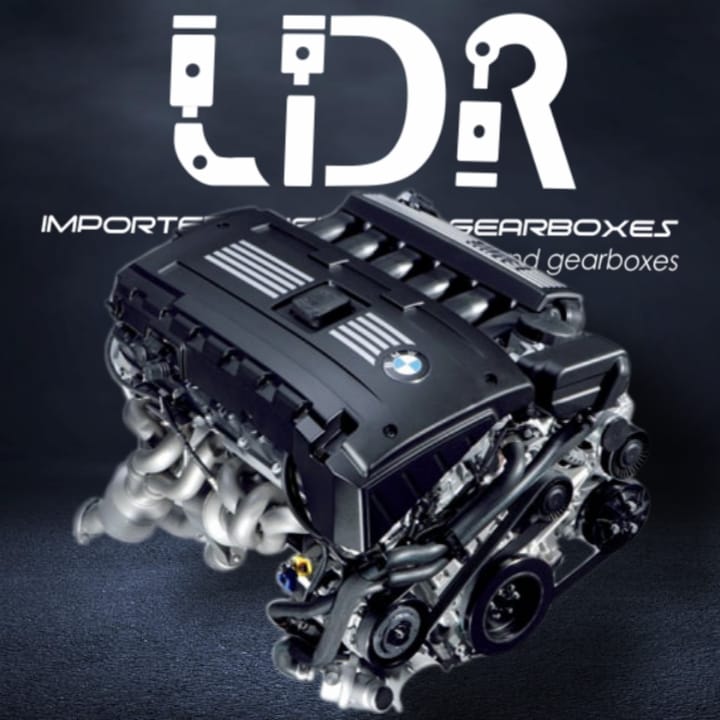Just how to Maintain Your BMW 318ti Running Smoothly for Years
Just how to Maintain Your BMW 318ti Running Smoothly for Years
Blog Article
Crucial Considerations for Choosing the Ideal Engine for Your Needs
In the realm of picking the suitable engine to meet your needs, a number of essential factors demand thorough consideration to make certain ideal efficiency and effectiveness. From the nuanced equilibrium between power and efficiency to the often-overlooked aspects of maintenance and service needs, each aspect plays a critical function in determining the most ideal engine for your specific requirements. As the complexity of engine innovations continues to evolve, discerning one of the most suitable choice demands a deep understanding of the interplay between different considerations. By discovering the complex web of aspects that underpin this decision-making procedure, a more clear path emerges in the direction of selecting an engine that not just fulfills yet surpasses your expectations.
Power and Efficiency
When evaluating engines for optimal performance, it is important to focus on both power output and performance. Power outcome determines the capability of an engine to generate energy, which directly impacts its efficiency. A high power result is important for requiring jobs such as high-speed needs or durable applications. It makes sure that the engine can manage the work properly and successfully. Nevertheless, power alone is not enough; effectiveness plays a significant role in determining the total performance of an engine. Efficiency describes exactly how well the engine converts gas right into useful energy. An extra reliable engine will provide better gas mileage, reduced exhausts, and decreased operating expenses. Striking the ideal balance in between power output and performance is key to choosing an engine that meets your details requirements. When making this choice, it is necessary to think about factors such as the planned use of the engine, environmental effect, and lasting price ramifications. By meticulously examining both power and performance, you can select an engine that delivers ideal efficiency and meets your requirements successfully.
Gas Performance and Economy
Gas performance refers to the engine's capacity to transform gas into energy with minimal waste, straight influencing operating expenses and ecological sustainability. Engines with higher gas effectiveness not just minimize fuel expenses yet also decrease carbon exhausts, adding to a greener procedure.

Compatibility and Application
Taking into consideration the fuel effectiveness and economic climate of an engine, the following crucial aspect to address is its compatibility and application within specific operational contexts. Compatibility refers to just how well the engine integrates with the general system or tools it powers.
Furthermore, the application of the engine is similarly essential. Various engines are made for certain purposes, whether it be industrial machinery, aquatic vessels, autos, or power generators. Understanding the intended application enables for the choice of an engine that can deliver the necessary power outcome, torque, and functional features. As an example, a high-revving engine designed for performance vehicles would not be ideal for heavy-duty building and construction tools that requires high torque at low rates.
Upkeep and Service Requirements
Maintenance and service demands play a crucial function in making certain the longevity and ideal performance of an engine. Regular maintenance is crucial to prevent failures, extend the life expectancy of the engine, and keep its performance. When choosing an engine, it is very important to consider the producer's recommended maintenance routine and the accessibility of solution facilities or certified professionals.
Aspects such as the regularity of oil changes, filter replacements, and general assessments can dramatically influence the engine's efficiency. Some engines might call for even more her latest blog frequent servicing based on their style and usage, while others may have longer intervals between upkeep checks. It is essential to stick to these solution demands to prevent expensive repair work and unexpected downtime.

Price and Budget Plan Considerations
Spending plan restrictions often play a substantial role in the find more info decision-making procedure when choosing an engine for a specific application. When taking into consideration the expense and spending plan ramifications of picking an engine, it is vital to assess not just the initial purchase rate but likewise the long-term costs connected with maintenance, gas intake, and prospective upgrades or repairs. It is important to strike an equilibrium between the in advance cost of the engine and its general lifecycle prices to guarantee that the picked engine continues to be financially sustainable throughout its functional lifespan.
Aspects such as gas performance, dependability, and longevity can straight influence the overall price of possession of an engine. While an extra pricey engine may have greater upfront expenses, it could possibly lead to reduced maintenance and fuel costs gradually, thus offering better worth in the future. Additionally, considering the availability and cost of spare parts, along with the convenience of maintenance and solution, can help protect against unexpected financial pressure in the future. By thoroughly official site evaluating these expense and budget considerations, you can make an enlightened decision that aligns with your economic restraints and functional needs.
Conclusion

Gas performance refers to the engine's ability to transform gas into energy with very little waste, straight influencing operating costs and environmental sustainability.Elements affecting gas efficiency include engine layout, combustion effectiveness, and total efficiency optimization. Furthermore, picking the suitable fuel type and grade as suggested by the engine supplier can additionally boost efficiency and extend engine life expectancy.
Engines with excellent utility features and readily available components can lower upkeep costs and lessen the time the engine is out of procedure - bmw 318ti. It is crucial to strike a balance between the in advance price of the engine and its general lifecycle costs to ensure that the chosen engine stays economically lasting throughout its functional life expectancy
Report this page